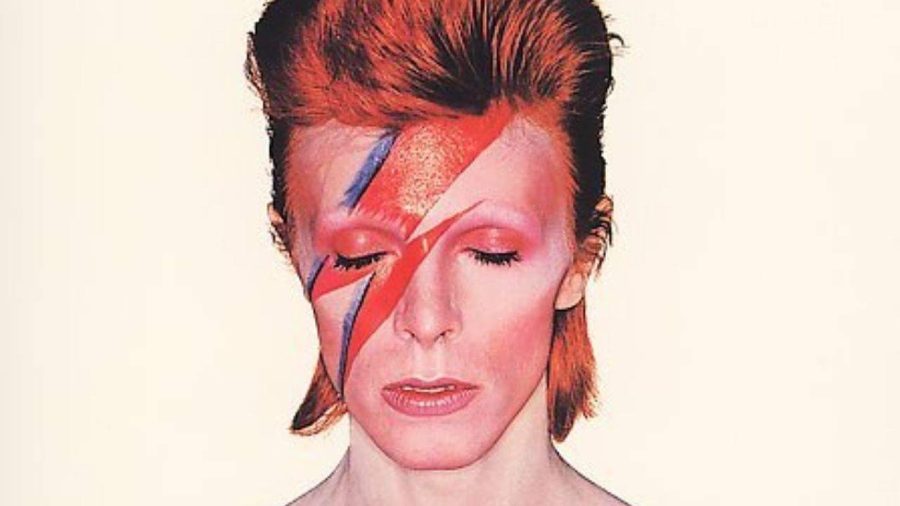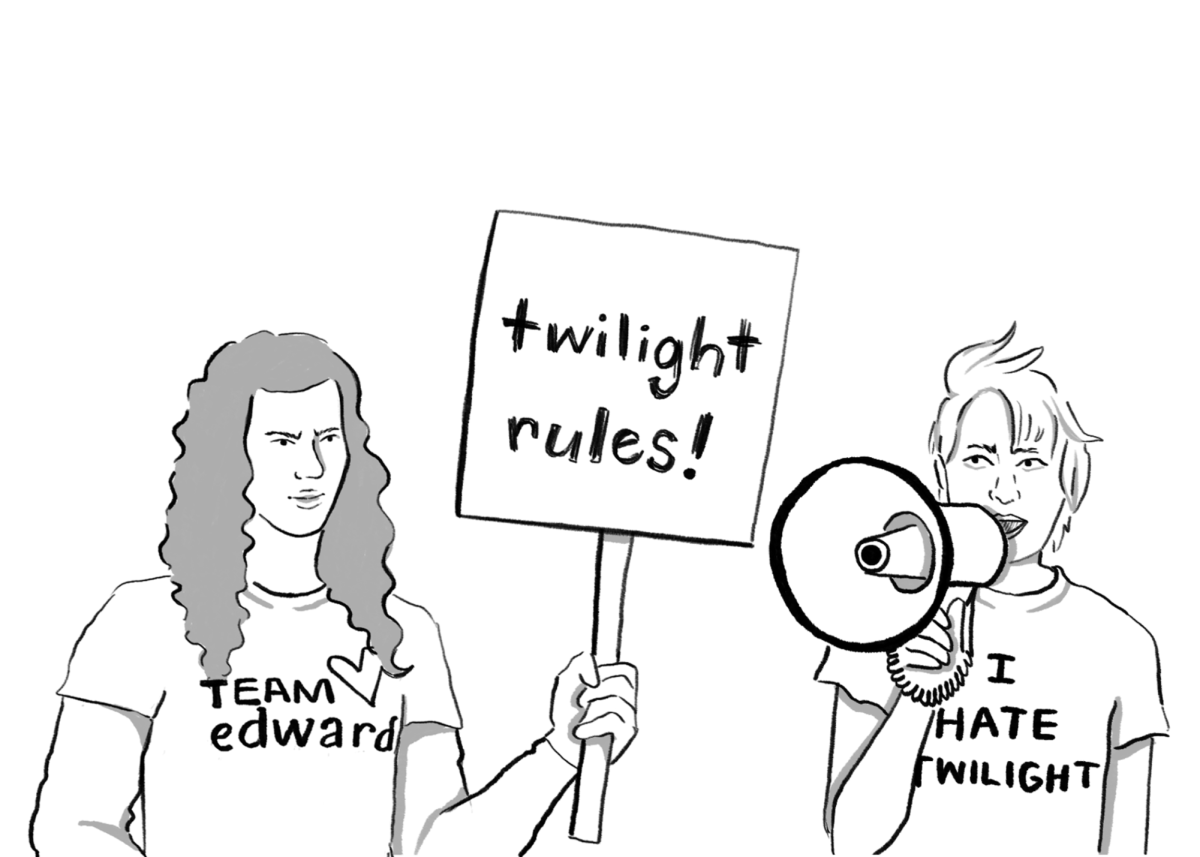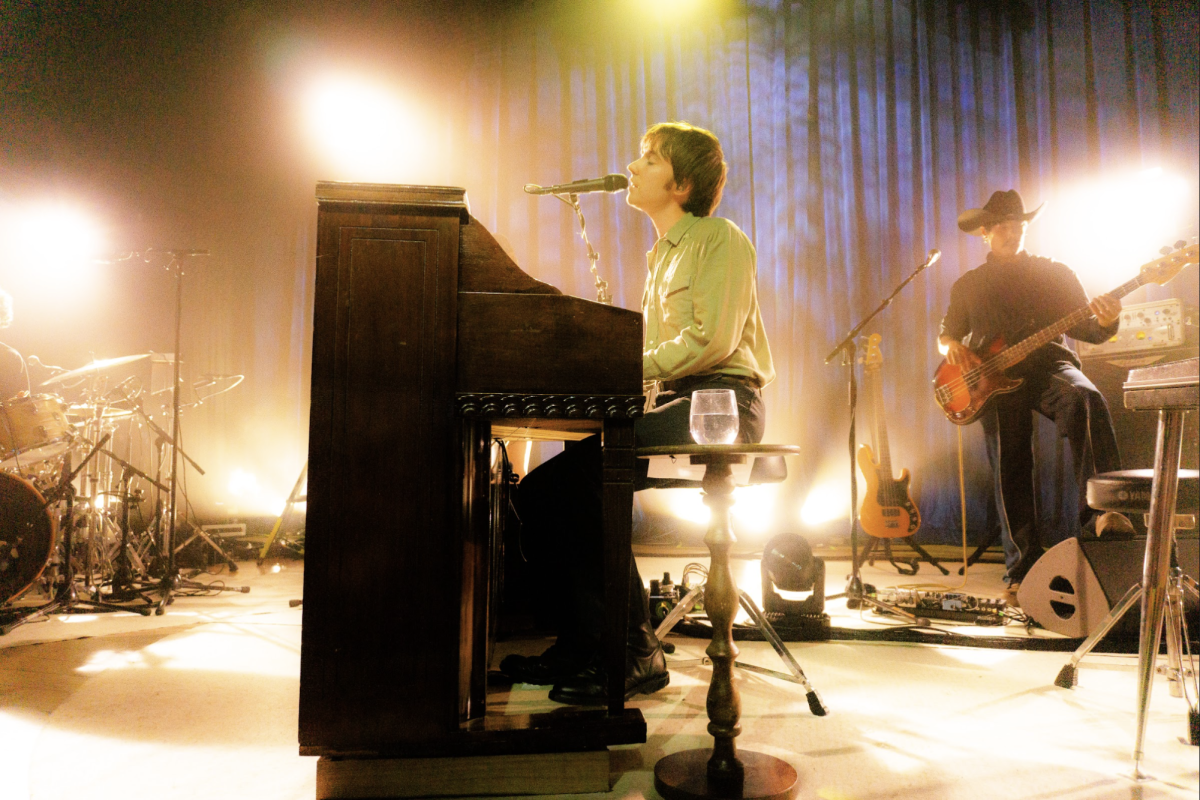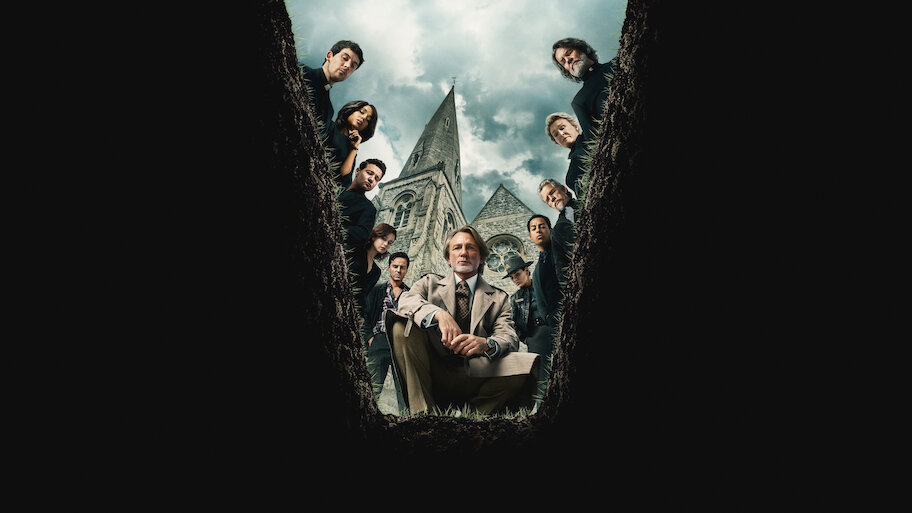Released two days before his passing, Blackstar is both a bittersweet farewell and a tight experimental effort.
Rating: 4.0/5.0
Release Date: Jan. 8
After nearly a decade’s musical absence, David Bowie reappeared in 2013 with the release of “The Next Day.” If that album gave the lasting impression that Bowie came back to comfortably sit on his rock-god throne, this latest, and final release, proves it absolutely wrong. Released on his 69th birthday it depicts Bowie not as deity but as contemporary innovator, delivering one of his best avant-garde efforts. With Bowie succumbing to liver cancer merely two days after its release, it also serves as a bittersweet, final farewell.
The album’s titular opening song immediately pulls the listener into the last direction Bowie explored: electronic-soaked jazz fusion. The 10-minute long spastic space epic showcases layers of atonal electronics and synths built up over skittering drum’n’bass beats, with Bowie’s ominous chants growing in intensity, his somber vocals illuminated by a nervously dancing saxophone line. Yet before the song gets overwhelming, it pulls back to an echo of the Bowie we grew up with: beautiful crooning over sweeter and simpler melodies. But it’s merely a temporary lull, with the sound submerging deeper and deeper into the otherworldly. The end result is almost like Bowie applying his cut-up technique — rearranging sentences to form new lyrics — to his sound as a whole, with fragments of old Bowie found arranged over a new experimental blueprint.
Bowie’s status as the chameleon king of the strange has always been based around his lyrics and the riot of characters he’s adopted over the years. But “Blackstar” also serves as a keen reminder of how adept he was at melding his artistic visions with the talents of others. Bowie’s voice here knows when to take second-stage to the crisp electronics and jazz instruments ranging around him, treating saxophonist Donny McCaslin as a duetting vocalist.
This collaborative feat achieves its apex with the song “Lazarus.” Cryptic lyrics are accented with electric guitars that crash like thunderstorms. It builds up to Bowie at his theatrical best, passionately tugging on heartstrings as he sings “this way or no way, you know I’ll be free.” But then he rests, letting saxophone take over and push the final minutes of the song into ecstasy.
“Blackstar” closes with a song featuring a harmonica theme from his 1977 song “A New Career in a New Town,” about leaving the past behind and moving on. Despite hiding his illness so well from the public, Bowie knew he was facing the final act of moving on, and this is his last chance to address his audience. Bowie’s cries of “I can’t give everything away!” linger, echoing into space, simultaneously representing his wish to prolong his performance and his acceptance that he has offered the world as much of himself as he can. It’s a glorious swan song of farewell, as the Starman ascends to his pantheon in the sky.








